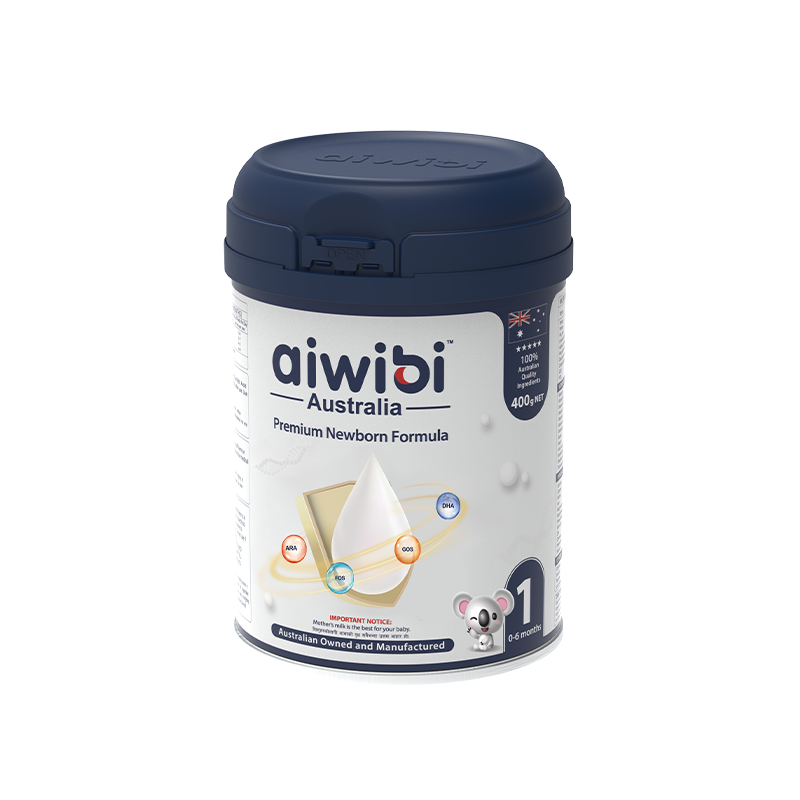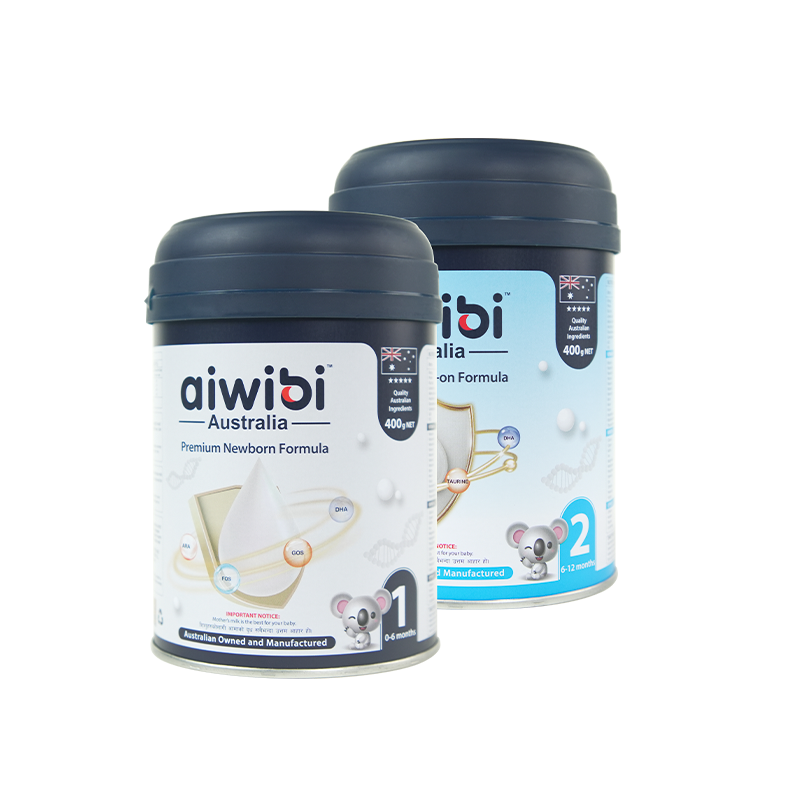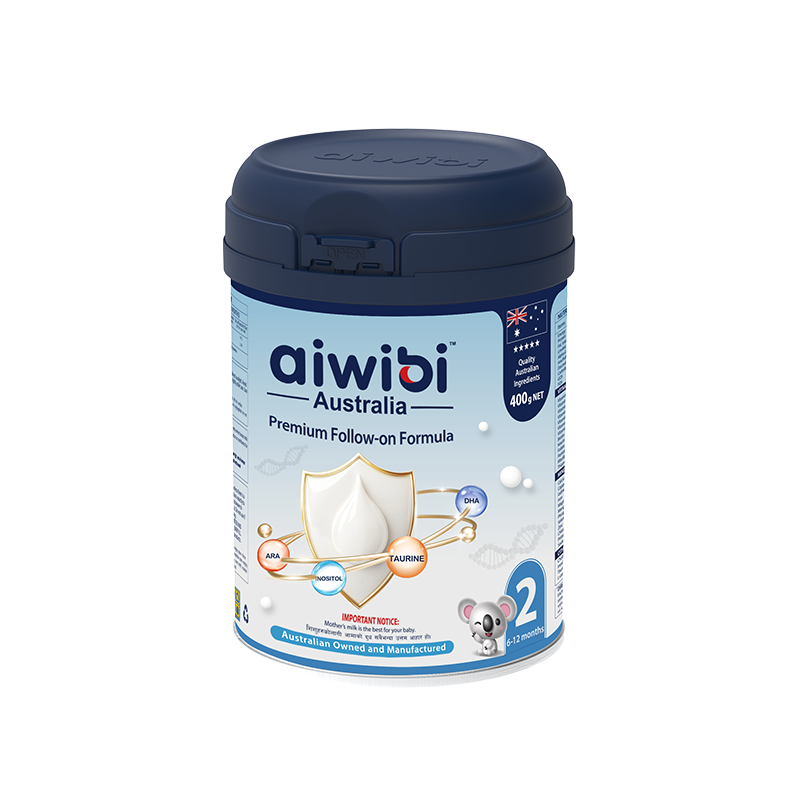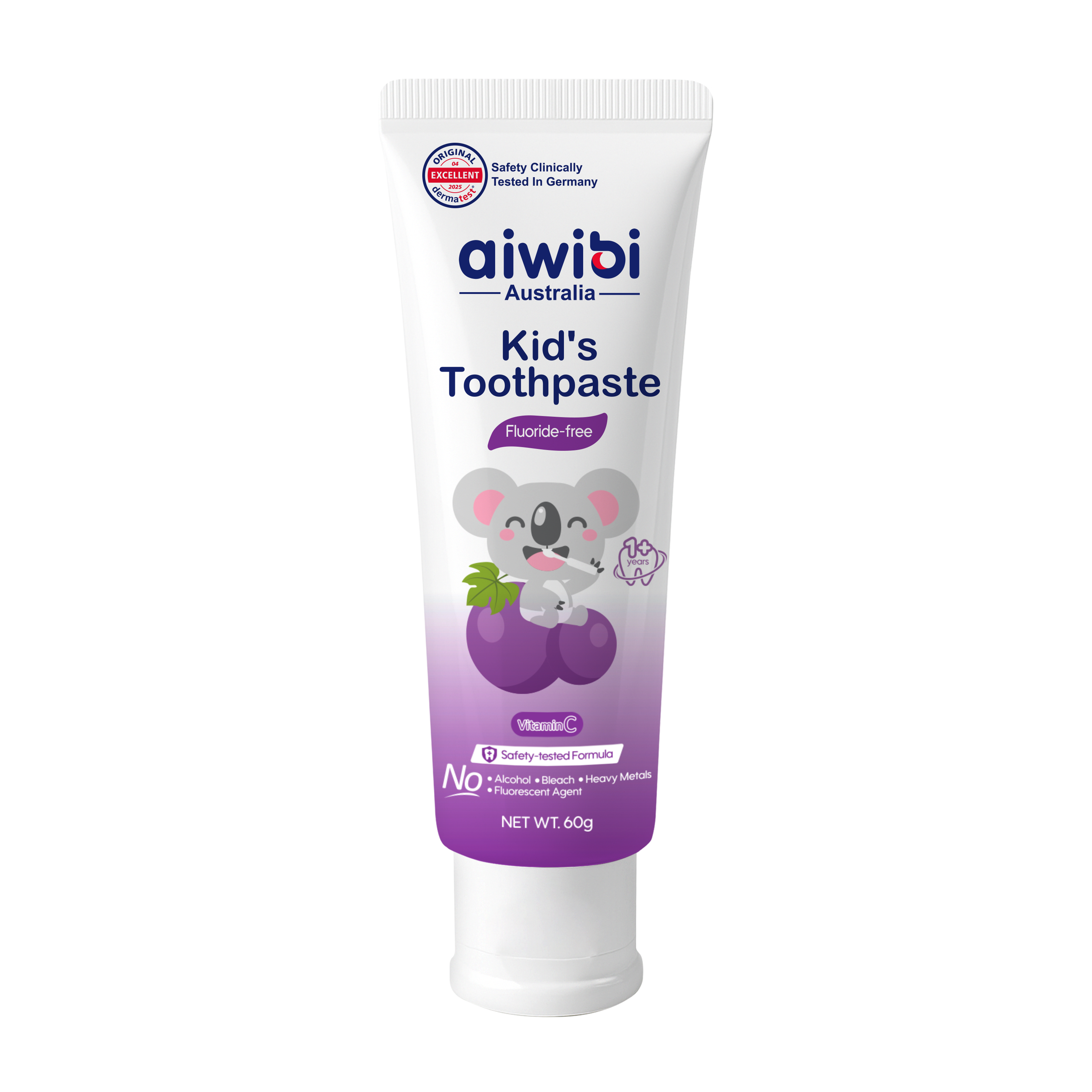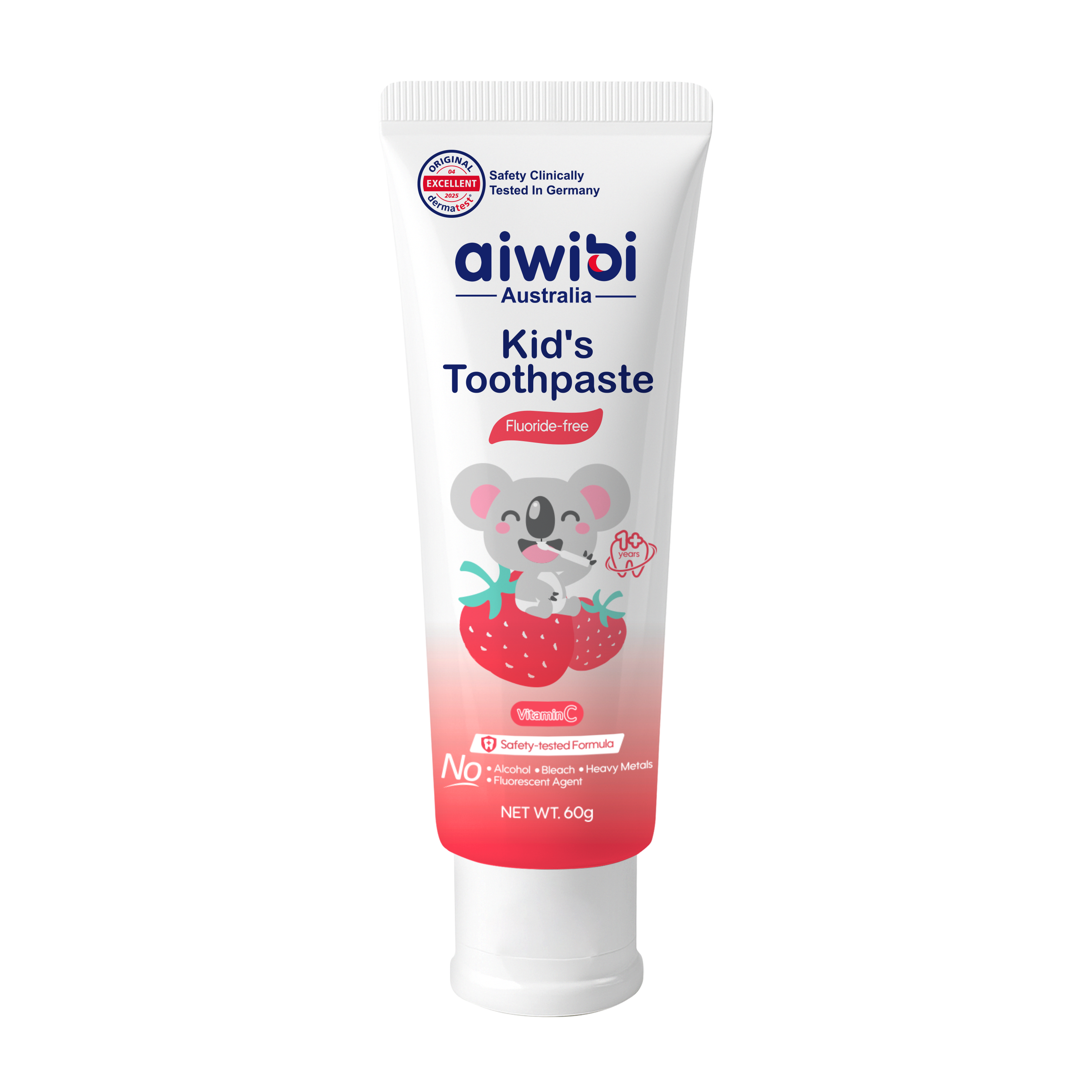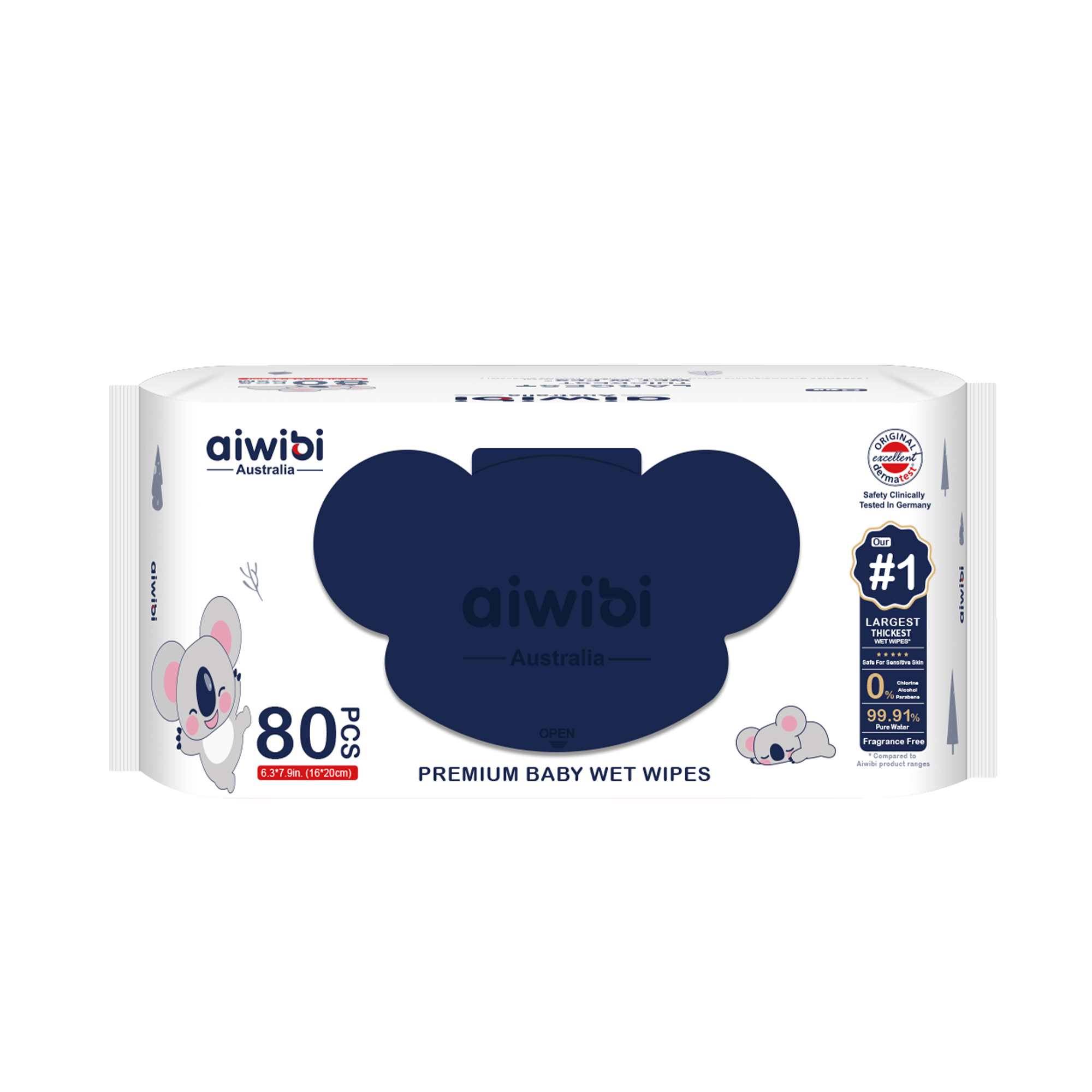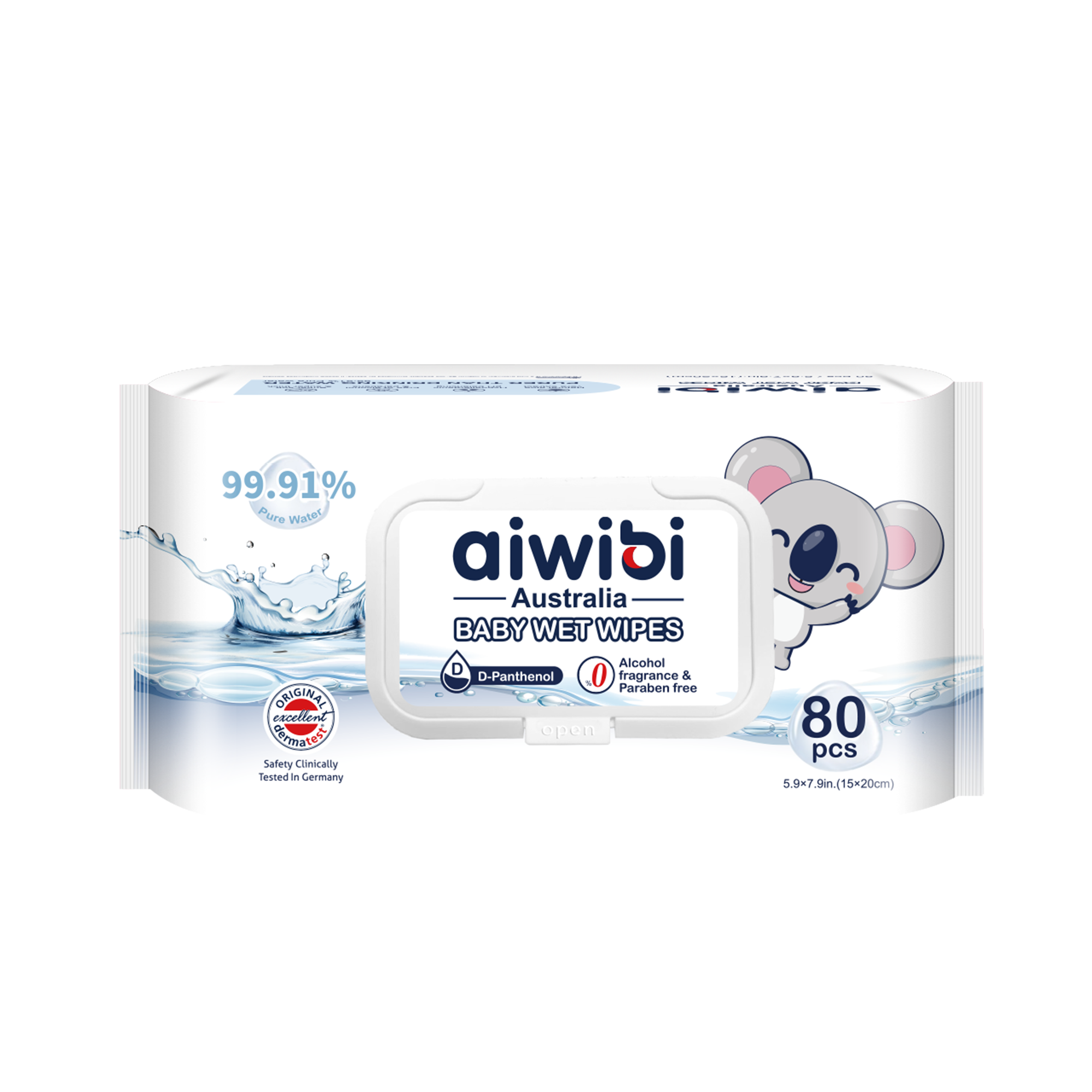The journey of nourishing our babies is a fascinating one, starting with the incredible perfection of breast milk or the carefully balanced composition of formula, both ensuring those vital early calcium needs are met. As our little ones grow and their world expands to include new tastes and textures, their calcium requirements evolve too. Fortunately, the vibrant tapestry of Nepali cuisine offers a delightful array of naturally calcium-rich foods that can seamlessly support their development from those first tastes through their toddler years.
Calcium Requirements for Babies 0-6 Months
Guess what? For those precious first six months, if you're breastfeeding, your milk is like a superhero drink packed with all the calcium your baby needs. How amazing is that? And if you're using formula, don't worry! It's specially made to have the right amount of calcium too. So, for most healthy, full-term babies, extra calcium isn't something we need to think about.

Note for Premature Babies: Our little fighters who arrive a bit early sometimes need a little extra boost of calcium and phosphorus, as well as vitamin D. Doctors usually recommend special preemie formulas to make sure they get exactly what they need to grow strong.
Calcium Needs for Babies 7-12 Months
As our little explorers start trying new foods, their daily calcium needs go up a bit to around 250mg. The good news is that breast milk or formula is still their main source of nutrition, and we can start introducing yummy Nepali foods that are naturally rich in calcium. Think creamy full-fat yogurt (dahi), leafy greens like saag, soft lentils (daal), and even broccoli and other local greens. You might be surprised how easily these foods help them meet their calcium needs without any extra supplements!

Toddler Calcium Needs (1-3 Years)
Once they're running around and getting into everything, toddlers between 1 and 3 years old need about 400-600ml of milk each day. For little ones older than 3, it's still important, around 300-600ml. But it's not just about milk anymore! There are lots of tasty Nepali foods that are calcium superstars:
- Tofu (just 100g gives them a whopping 350mg of calcium!)
- Finger millet (kodo) roti – a traditional favorite!
- Tiny but mighty sesame seeds (til)
- Small fish with those edible little bones (a great source!)
- And even some fortified cereals can help.
Calcium Content in Common Nepali Foods
| Food Item | Calcium (mg per 100g) | Tiny Serving Power (for 1-3 year olds) |
|---|---|---|
| Dahi (full-fat yogurt) | 120 | 2 tbsp = about 15% of their daily need |
| Saag (mustard greens) | 115 | ¼ cup mashed = around 10% of their need |
| Kodo (finger millet) | 350 | 1 small roti = about 30% of their need |
| Sesame seeds (til) | 975 | 1 tsp powder = about 8% of their need |
| Tofu | 350 | 2 small cubes = around 30% of their need |
| Daal (lentils) | 35 | ½ cup = about 5% of their need |
| Dudh (cow's milk) | 120 | 100ml = about 10% of their need (for 1y+) |
| Gundruk | 280 | 2 tbsp = about 25% of their need |
Keep in mind these are just averages, and it's all about offering a variety of these yummy foods throughout the day to help them get the calcium they need.

Frequently Asked Questions About Baby Calcium Needs
Q: Do babies need calcium supplements?
A: Generally NO for:
- ✓ Full-term breastfed babies (0-6 months)
- ✓ Formula-fed babies (properly prepared)
- ✓ Babies eating diverse solids (7+ months)
Exceptions: Premature babies or those with medical conditions may need supplements as prescribed.
Q: Do babies need calcium supplements while teething?
A: No - teething doesn't increase calcium needs. Focus on:
- Continuing normal milk feeds
- Offering chilled calcium-rich foods (yogurt, soft cheese) to soothe gums
- Maintaining vitamin D for calcium absorption
Q: What are baby calcium deficiency symptoms?
A: Watch for:
- 🛑 Delayed tooth eruption (no teeth by 12 months)
- 🛑 Muscle twitching or cramps
- 🛑 Excessive sweating (especially head)
- 🛑 Soft skull bones (in severe cases)
Note: These may indicate other issues too - always get a professional evaluation.
Q: Can breastfed babies have calcium deficiency?
Extremely rare if:
- Mother has adequate nutrition
- Baby feeds on demand
- Vitamin D needs are met
At-risk cases:
- Mothers with severe calcium deficiency
- Babies with absorption disorders
- Those avoiding all dairy/fortified foods after 6 months
Addressing Your Concerns, Dear Parents
We know you have questions, so let's tackle a few common ones:
Q: Buffalo Milk for Babies?
A: It's best to wait until they're past their first birthday. It can be a bit heavy for their little kidneys and doesn't have the perfect balance of nutrients for young infants.
Q: Do Breastfed Babies Need Extra Calcium?
A: Nope! Breast milk is perfectly designed for them. Sometimes, doctors might suggest vitamin D drops, but that's more for helping their bodies absorb the calcium.
Q: Calcium in Vegetarian Diets?
A: Absolutely! By offering a mix of dahi, leafy greens, daal or tofu, and maybe some fortified foods each day, you can easily ensure they're getting enough.
Q: How Do I Know If My Baby Needs More Calcium?
A: For most healthy babies who are drinking enough breast milk or formula and then trying a variety of foods after six months, they're usually getting enough. But keep an eye out for things like not drinking enough milk, refusing those calcium-rich solids, or some of the signs we'll talk about below. When in doubt, a chat with your pediatrician is always the best idea!
Practical Tips for Happy Little Eaters
Here are some traditional Nepali foods that are great calcium boosters:
- Kodo ko roti (that wonderful finger millet flatbread)
- Gundruk (those flavorful fermented greens)
- Til ko laddu (sweet sesame treats – in moderation for little ones!)
- Bone broth (simmered chicken bones with garlic and ginger) – a good option for toddlers over 1 year.
Things to Avoid
- Giving tea to babies – it can actually block their bodies from absorbing calcium.
- Relying only on milk after they turn one – they need a variety of foods!
- Starting any supplements without talking to your doctor first.
Important Warning Signs: When to Seek Help
Please reach out to your doctor right away if you notice any of these things:
- Physical signs: Soft spots on their head that seem sunken in, frequent bone breaks, or severe muscle spasms or twitching.
- Developmental delays: No teeth by 15 months, not being able to hold their head up by 6 months, or not sitting up on their own by 9 months.
- Feeding difficulties: Consistently refusing all dairy or calcium-rich foods after they're 7 months old, or if they have vomiting or diarrhea that lasts for more than a day. If they've been diagnosed with a condition that makes it hard for them to absorb nutrients, definitely keep a close eye on their calcium intake.
Even without these obvious signs, regular checkups with your pediatrician are so important for tracking their growth. Don't hesitate to bring up any concerns you have about their calcium intake or anything else! We're all in this together, making sure our little ones grow up healthy and strong.


